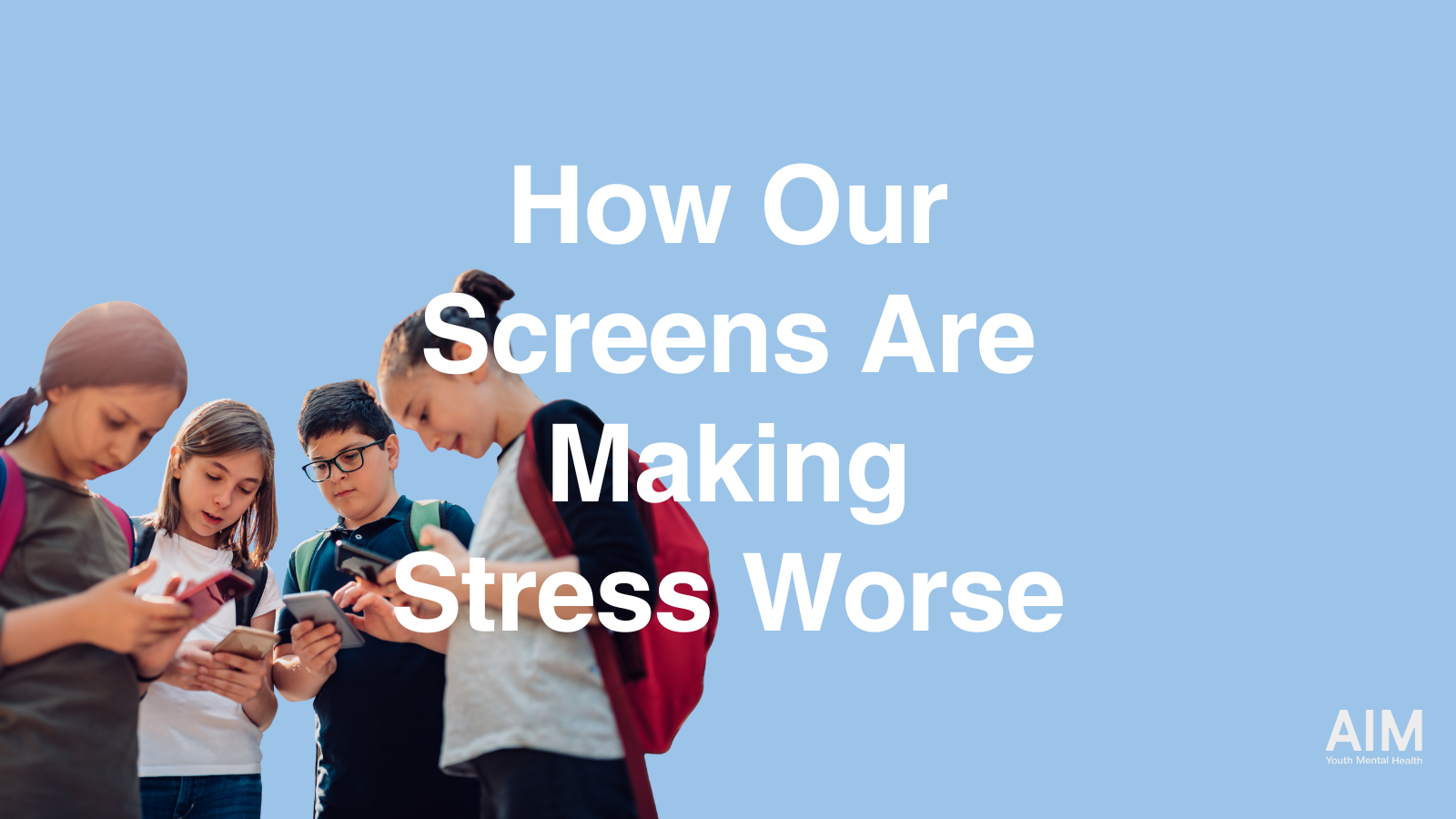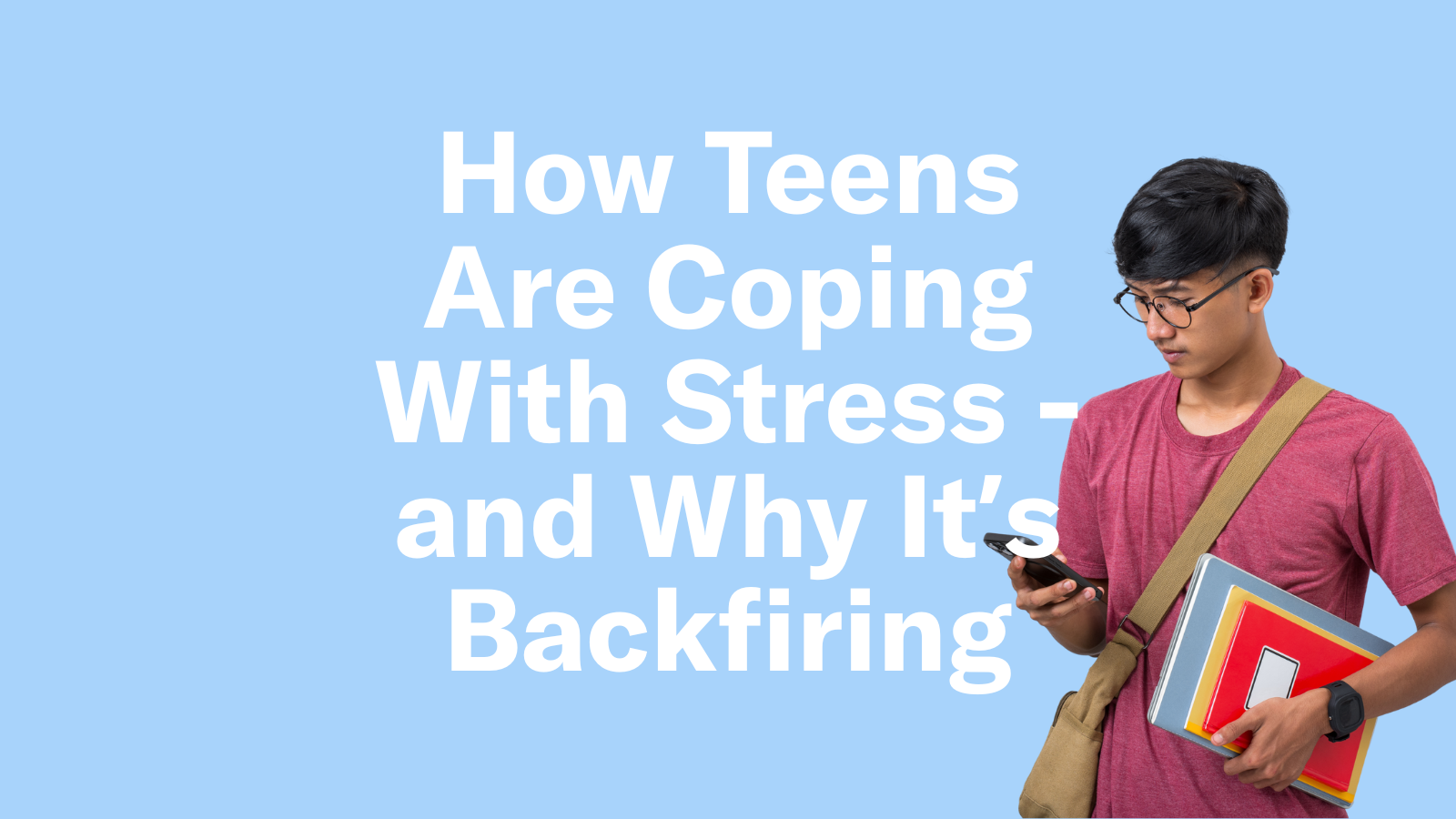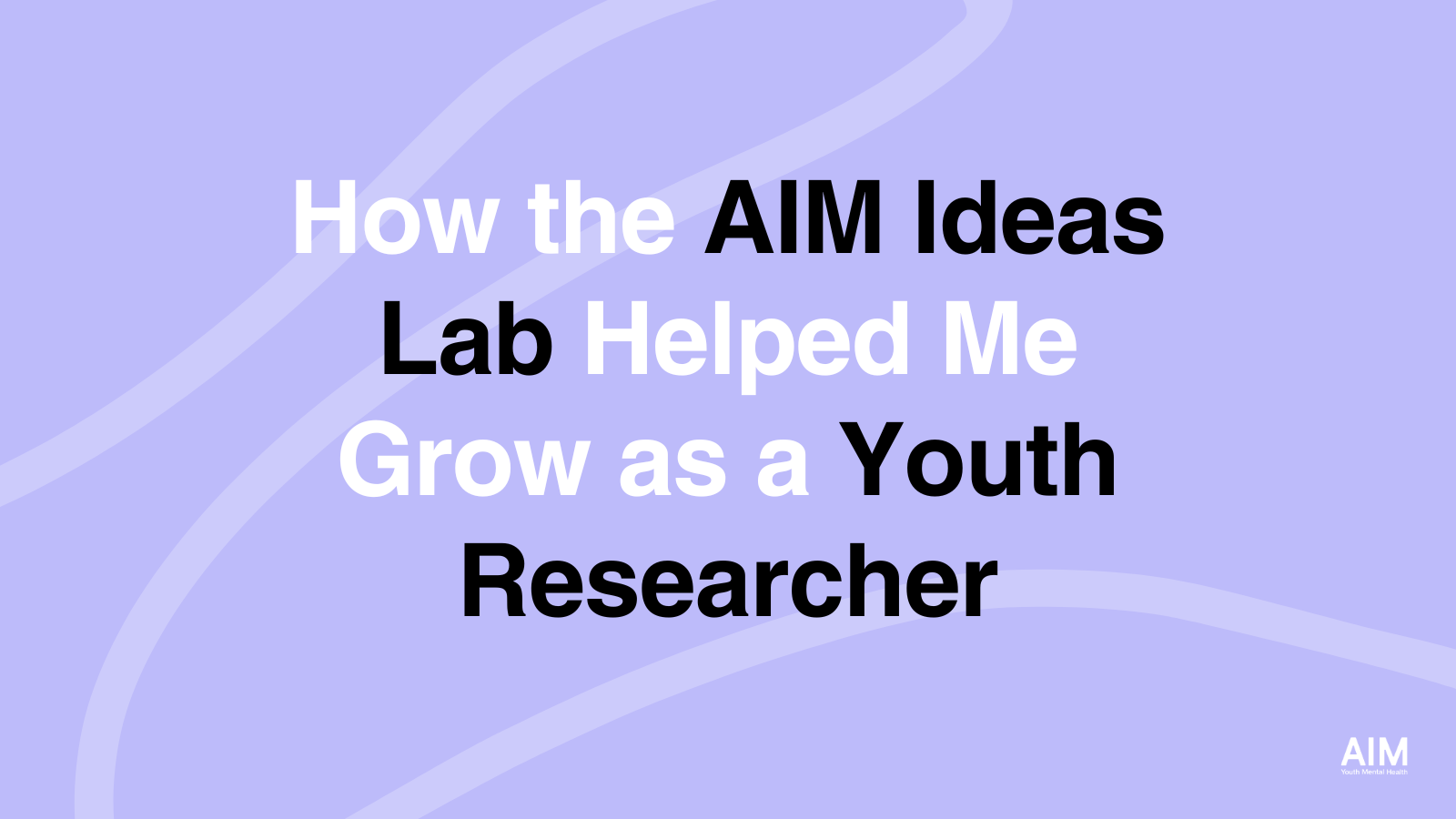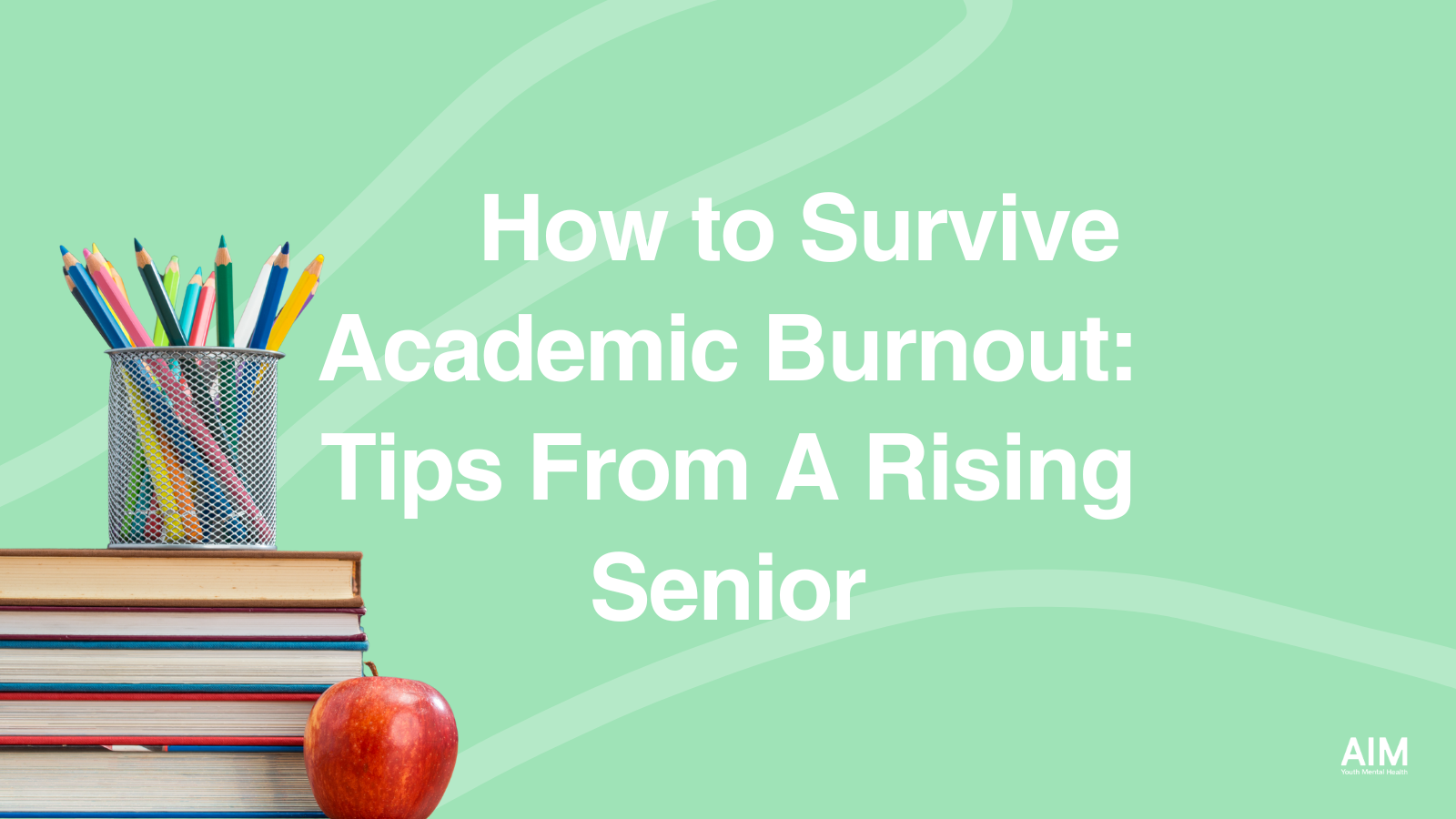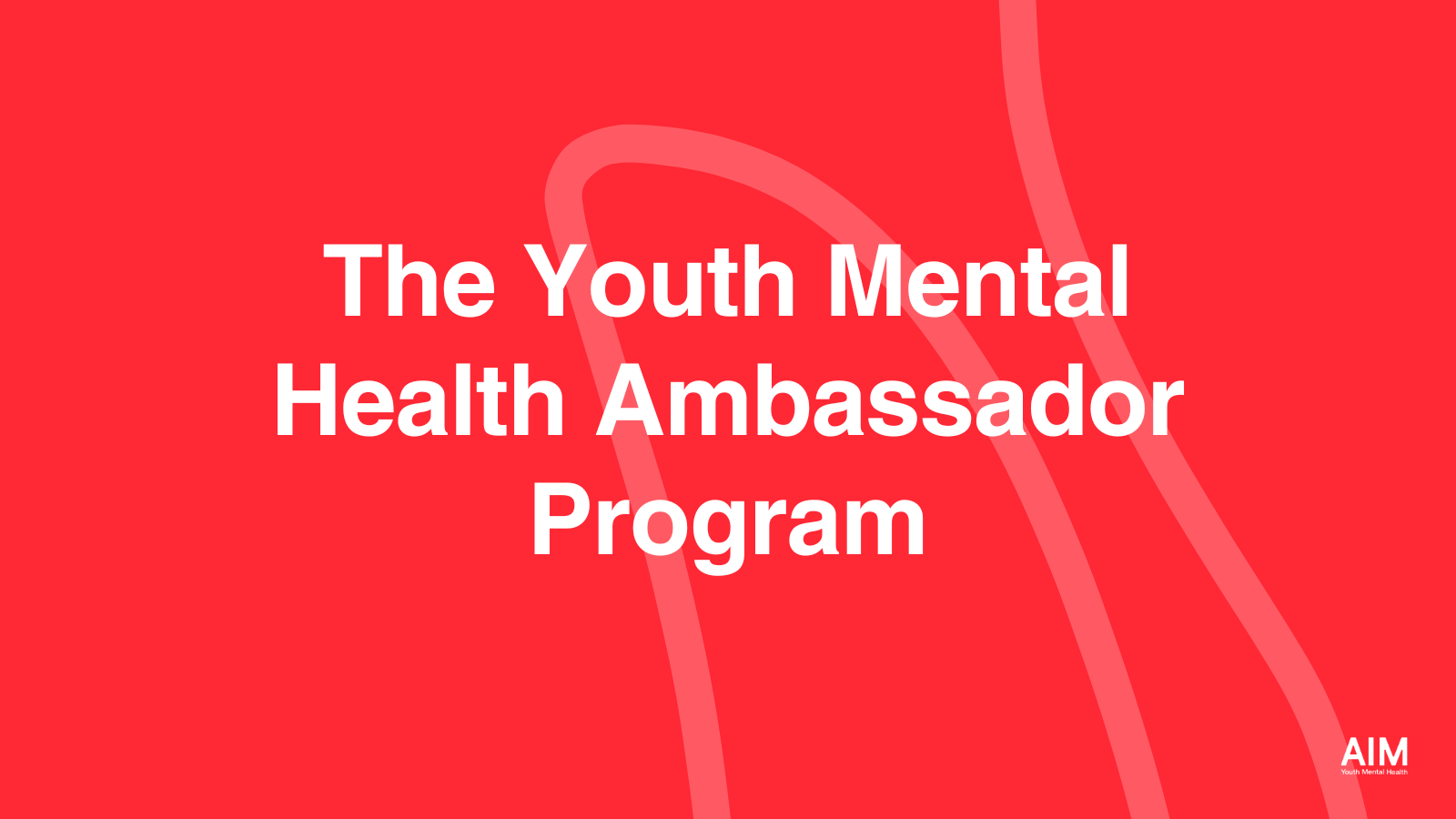What if the very thing we are doing to make ourselves feel better only ends up making us feel worse?
For most people my age, when life feels overwhelming, the first thing we do is reach for our phones. According to a 2025 AIM Youth Mental Health survey, we’re not alone in this habit.
This year, I was part of a group of young people who designed, wrote, and launched a survey of fellow high school students across Southern California. One of the questions we asked students was how they “cope with stress and pressure.” By far, the most common response was – you guessed it – our devices.
The study found that 52.5% of teens use social media to manage stress, while 58.5% engage in excessive screen time like binge-watching or endless scrolling. These screen-based habits far outpace any other coping strategies such as mindfulness (9.5%), seeking professional help (9.5%), or self-compassion (7.6%).
But here’s where things get even more interesting. A few questions later, teens are honest about how social media really makes them feel. 62.8% say that comparing themselves to others online harms their mental health, and 60.5% feel pressure about body image and unrealistic expectations from social media. More than half also said that social media negatively impacts their lives in other ways such as perfectionism (54.9%), addiction and overuse (54.2%), and sleep disruption (54.0%).
The study reveals a vicious cycle: the thing we turn to in order to cope with stress and pressure only leads us to feel even more stress and pressure.
We have to figure out ways to break that cycle.
More and more scholars are writing about the negative effects of social media on teen mental health. Many schools have responded with blunt policies such as removing phones. But that doesn’t actually solve the problem. I wrote an Op-Ed recently arguing that if schools are going to take away our phones, they also have to figure out ways to help us interact with one another offline.
This survey bolsters my argument and even goes a step further. Not only do we have to do a better job providing opportunities for in-person interaction for young people, we also have to provide better options for self-care. If only 7.6% of teens report turning to self-compassion to cope with stress, then it’s time for schools start teaching us how to be kind not just to others, but also to ourselves.
